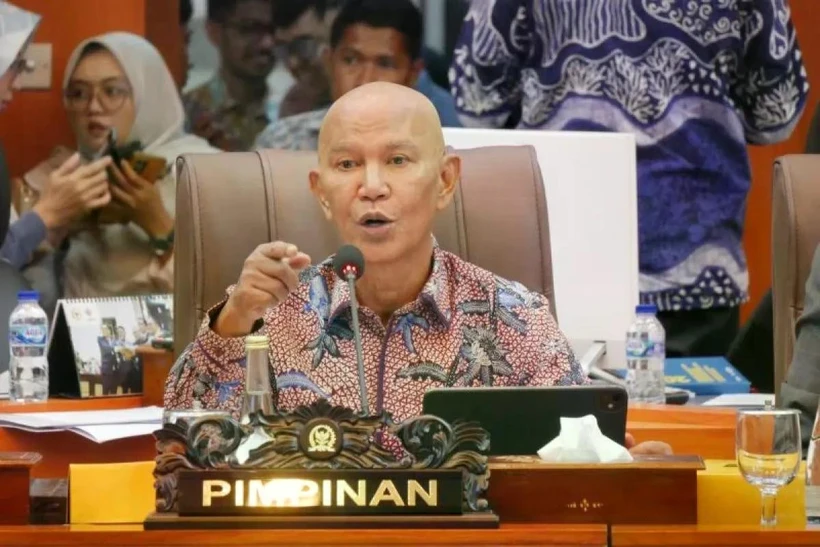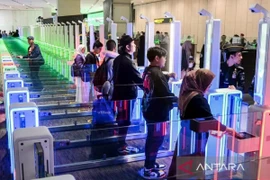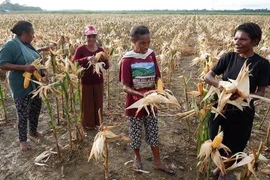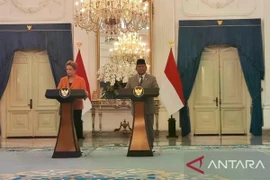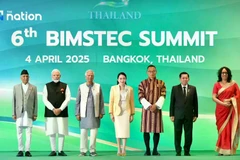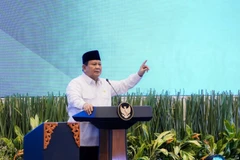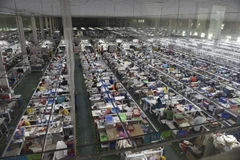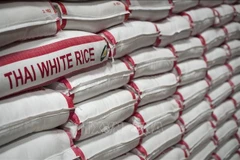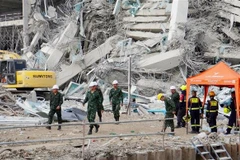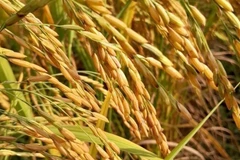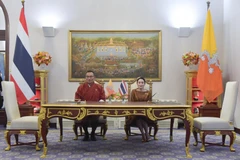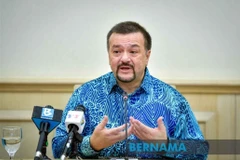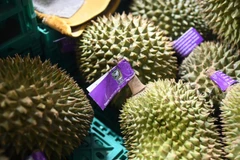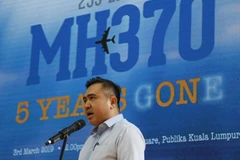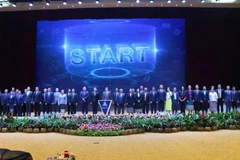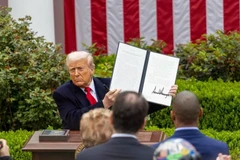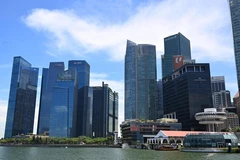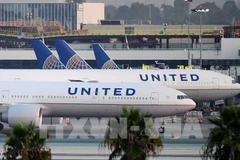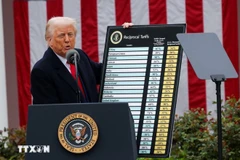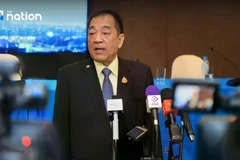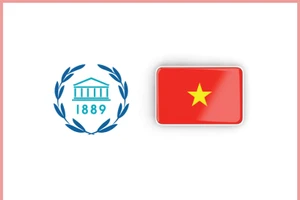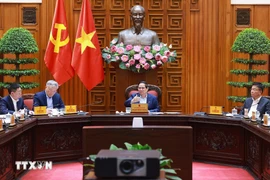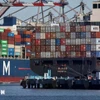Jakarta (VNA) – Indonesia's government needs to implement measures in response to the 32% import tariff imposed by the US on Indonesian products, including urging the World Trade Organisation (WTO) to overhaul the global trade system, Said Abdullah, Head of the House of Representatives' (DPR's) Budget Committee (Banggar), suggested on April 4.
He said the WTO was founded to promote non-discriminatory trade, build international trade capacity, advocate for free trade, and provide a forum for resolving international trade disputes, Indonesia's Antara news agency reported.
Abdullah asserted that economic policies should support universal economic interests rather than serve as tools for superpowers to gain unilateral advantages - a practice he believes could lead to global economic depression.
The legislator stated that this approach should be pursued alongside efforts to maintain the strength of Indonesia's national economy.
He emphasised the importance of the government identifying alternative markets for Indonesia's export products to maintain the country's trade surplus.
Furthermore, Abdullah urged the government to ensure the enforcement of Government Regulation No. 8 of 2025, which necessitates exporters to deposit all foreign exchange earnings from natural resource exports into domestic banks.
Regarding reducing reliance on the US dollar, Abdullah highlighted the importance of deepening bilateral currency swap agreements with strategic trade partners.
Indonesia also needs to implement counter-cyclical fiscal policies to help businesses weather global economic uncertainties without compromising the state's fiscal position.
Regrading investment, the lawmaker stressed the need to create a more inclusive ecosystem for the stock and financial markets by improving infrastructure and crafting more effective policies, which is vital for maintaining Indonesia's attractiveness to international investors./.
